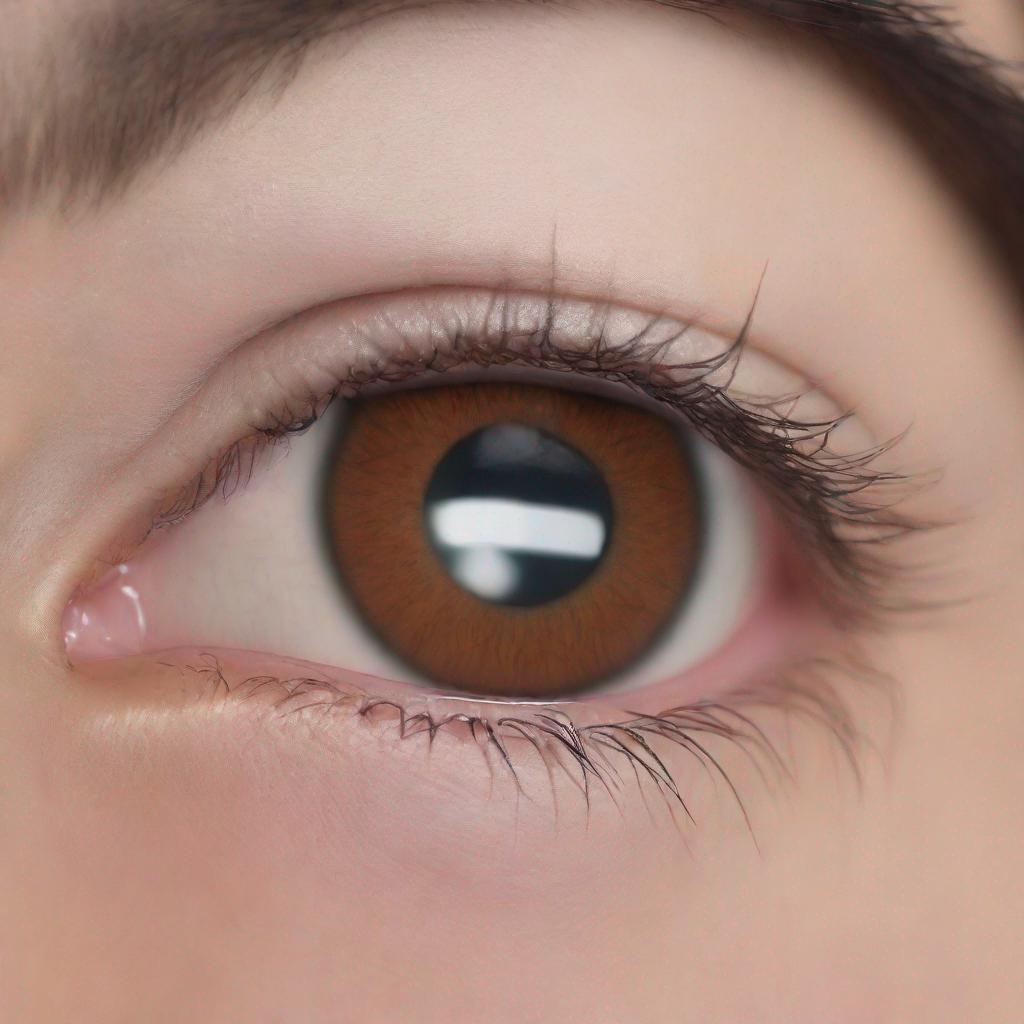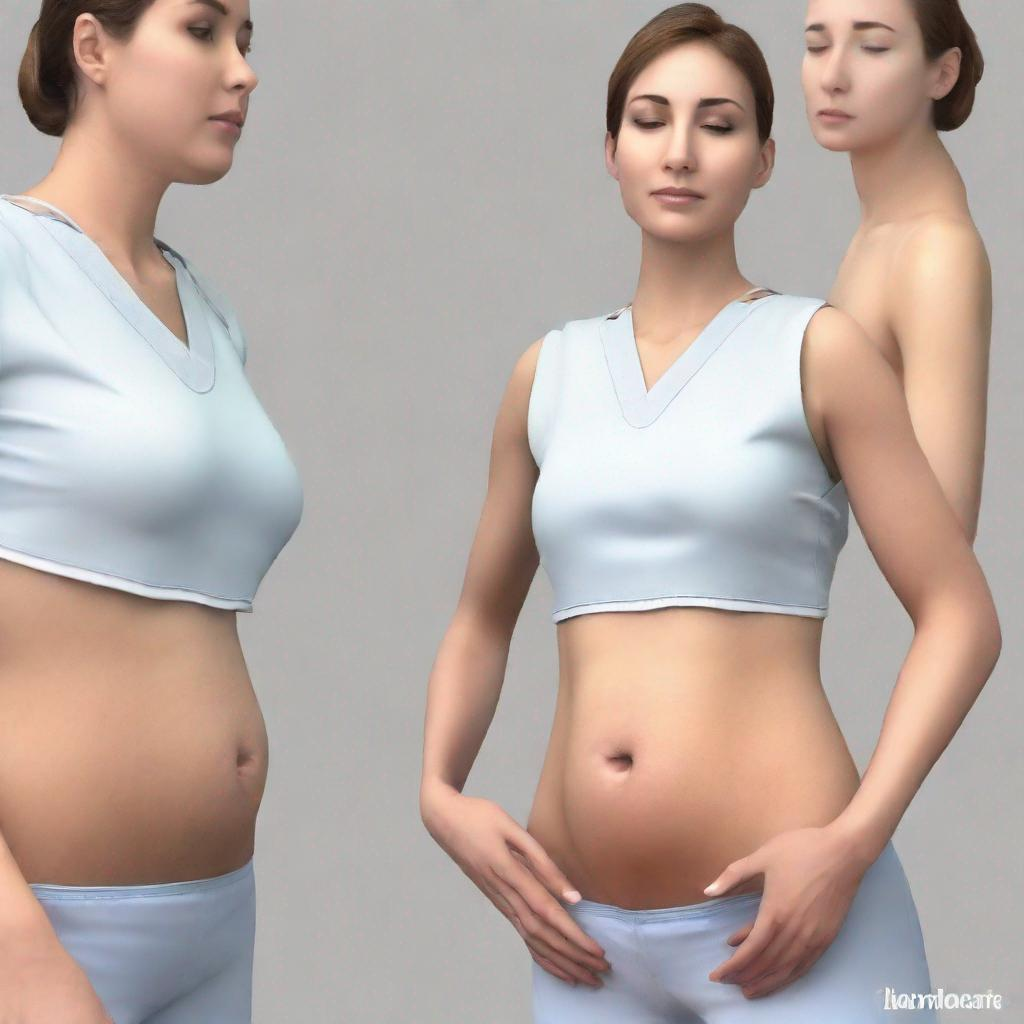## Refractive Errors: Understanding the Causes and Treatments of Blurred Vision
### Introduction:
Refractive errors are common eye conditions that occur when the shape of the eye prevents light from focusing correctly on the retina, leading to blurred vision. They are caused by irregularities in the cornea, lens, or length of the eyeball.
### Symptoms:
* Blurred vision
* Eye strain
* Headaches
* Double vision
### Diagnosis:
Refractive errors are typically diagnosed with a comprehensive eye exam, which includes:
* Autorefraction: A machine measures the refractive power of the eye.
* Ophthalmic biometry: An ultrasound measures the length of the eyeball.
* Funduscopic examination: A dilated pupil allows the doctor to examine the retina.
### Types of Refractive Errors:
* **Myopia (Nearsightedness):** Near objects appear clear, while distant objects are blurry.
* **Hyperopia (Farsightedness):** Distant objects appear clear, while near objects are blurry.
* **Astigmatism:** The cornea or lens is irregularly shaped, causing blurred vision at all distances.
* **Presbyopia:** A gradual loss of the ability to focus on near objects, typically affecting people over the age of 40.
* **Anisometropia:** A significant difference in refractive error between the two eyes.
### Prevention:
While most refractive errors cannot be prevented, regular eye exams can detect and correct them early on.
### Treatment:
* **Eyeglasses:** Lenses that correct the refractive error.
* **Contact lenses:** Thin lenses that fit over the cornea.
* **Refractive surgery:** Laser or surgical procedures that permanently reshape the cornea or lens.
### Types of Refractive Surgery:
* **LASIK (Laser-Assisted In Situ Keratomileusis):** A laser creates a flap in the cornea and reshapes the underlying tissue.
* **PRK (Photorefractive Keratectomy):** A laser directly ablates the surface of the cornea.
* **ICL (Implantable Collamer Lens):** A thin, foldable lens is implanted into the eye.
* **Conductive Keratoplasty:** Radiofrequency energy is used to shrink the cornea.
### Complications:
Refractive surgery is generally safe, but potential complications include:
* Dry eye
* Night vision problems
* Glare or halos
* Infection
* Loss of vision
### Who Treats Refractive Errors?
Eye doctors, known as optometrists and ophthalmologists, typically perform comprehensive eye exams and prescribe corrective lenses. Ophthalmologists are medical doctors who can also perform refractive surgery and treat eye diseases.
### Related Terms:
* **Visual acuity:** The sharpness of vision.
* **Wavefront analysis:** A test that measures the refractive errors of the entire eye.
* **Refractive index:** The ability of a material to bend light.
* **Accommodation:** The ability of the lens to change shape to focus on objects at different distances.
* **Pupillary light reflex:** The contraction of the pupil in response to light.




